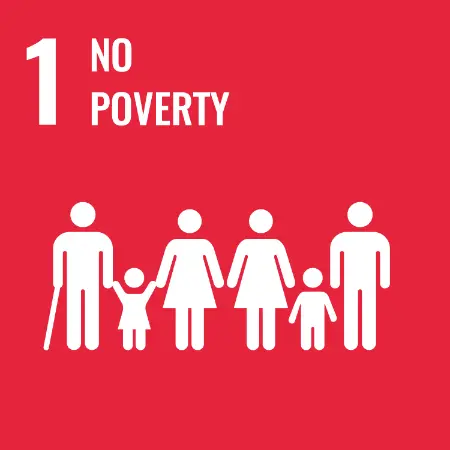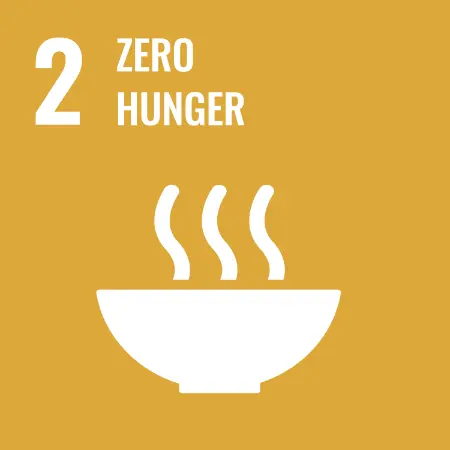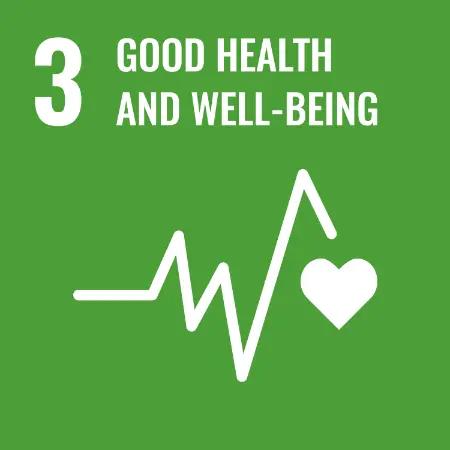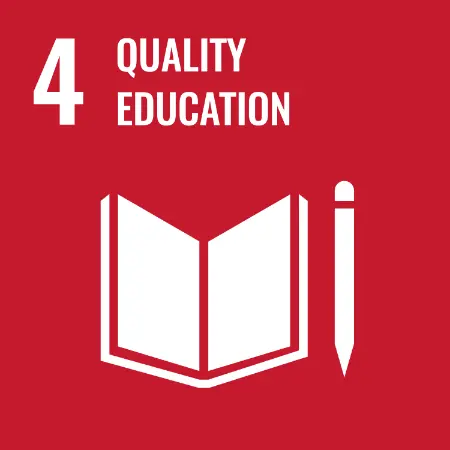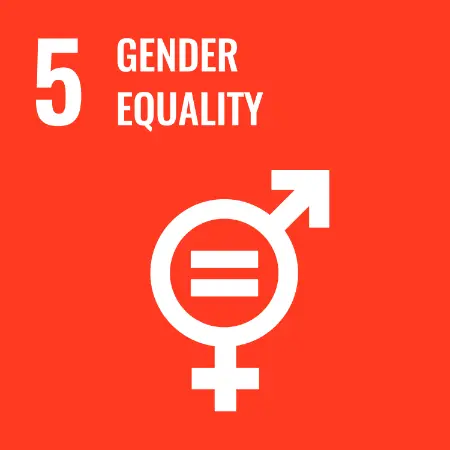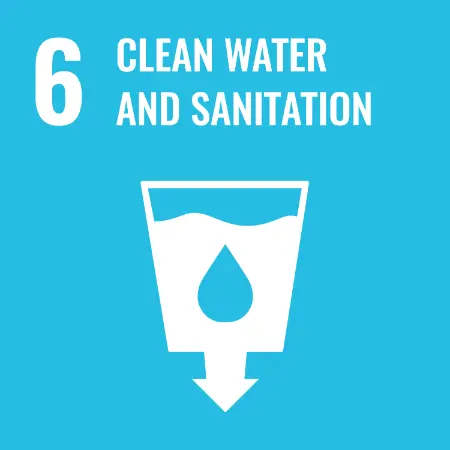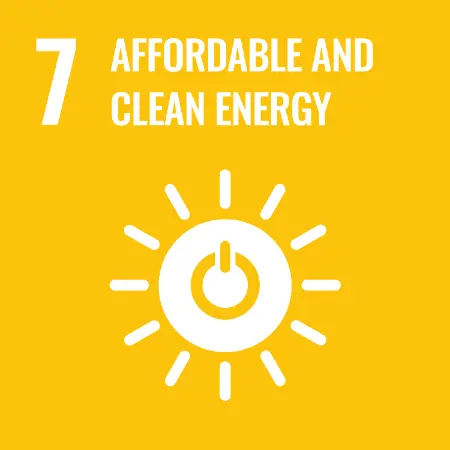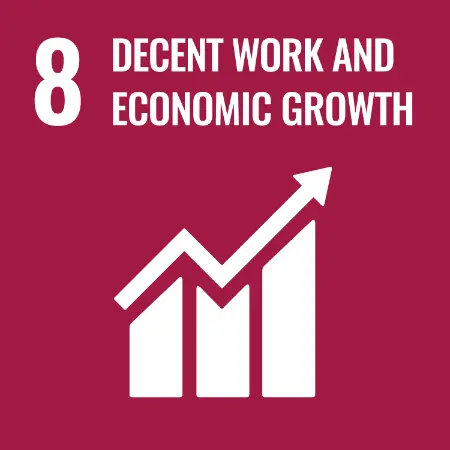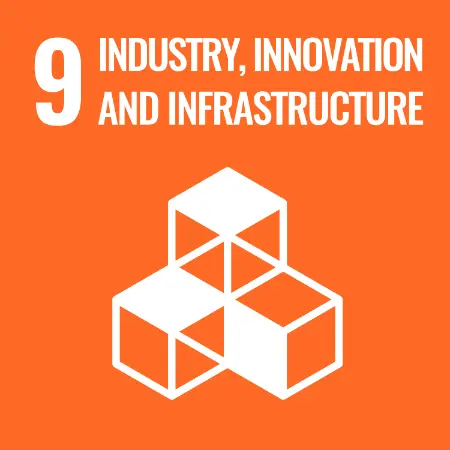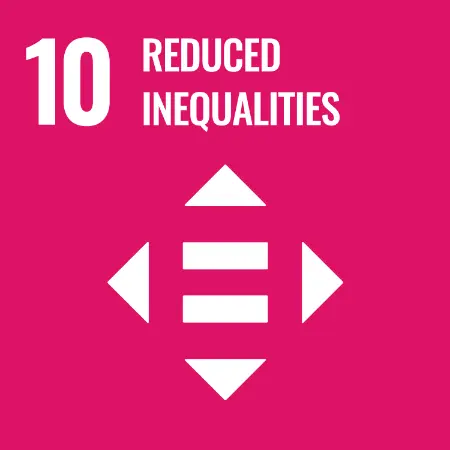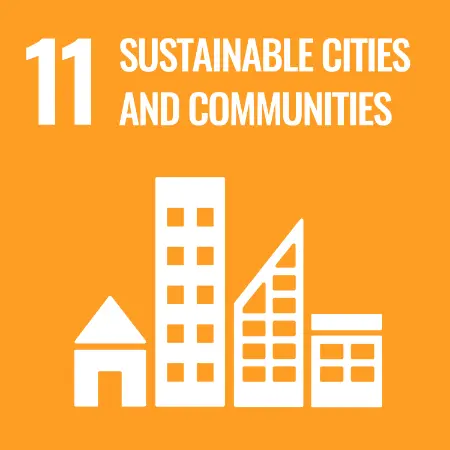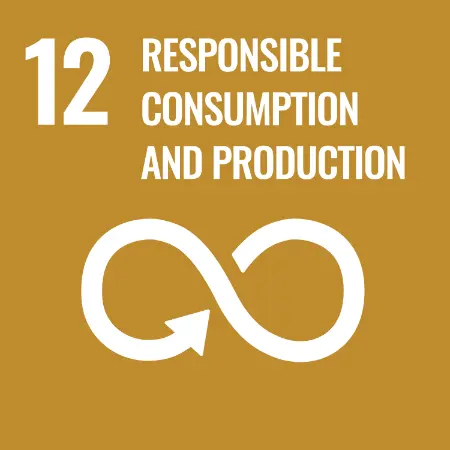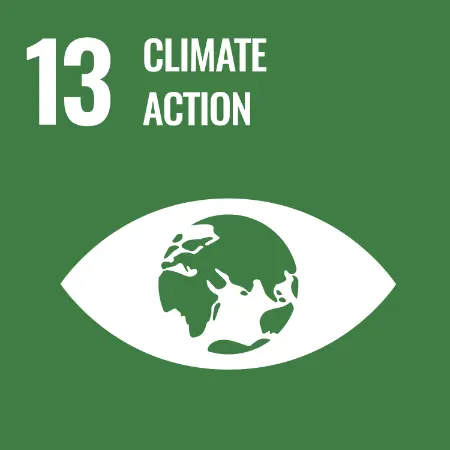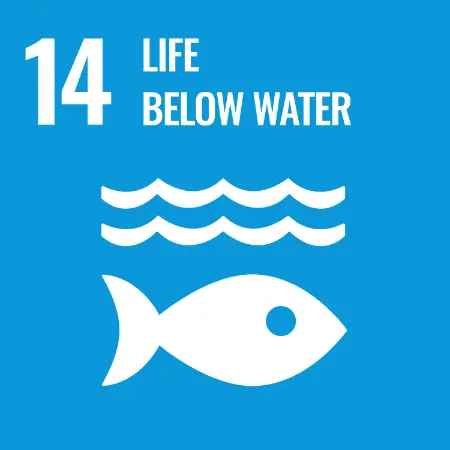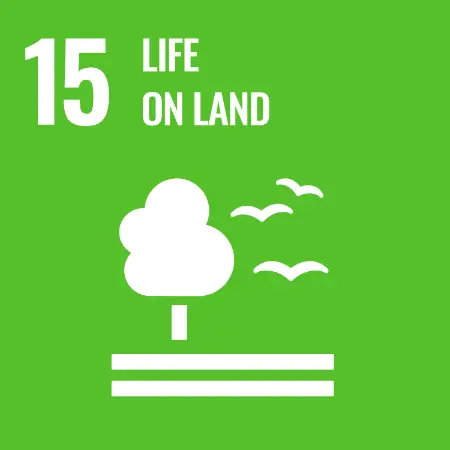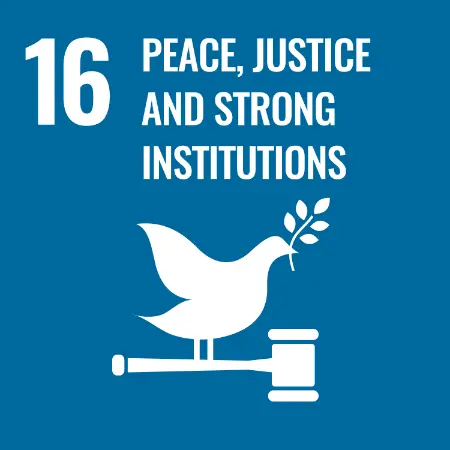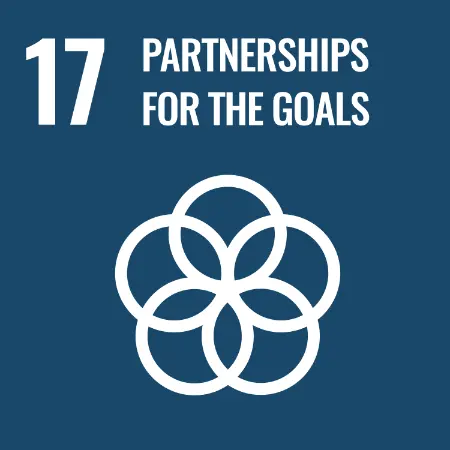Sustainability
Discover how the University of Waikato addresses global challenges through research, teaching, and operations, aligned with UN Sustainability Development Goals.

Our performance in the Times Higher Impact Rankings
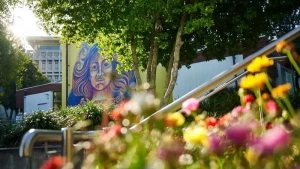 The 2025 Times Higher Education (THE) Impact Rankings confirm the University of Waikato is making excellent progress when it comes to aligning its research, teaching, campus operations and engagement to the biggest challenges facing the world today.
The 2025 Times Higher Education (THE) Impact Rankings confirm the University of Waikato is making excellent progress when it comes to aligning its research, teaching, campus operations and engagement to the biggest challenges facing the world today.
The University is in the 101-200 band out of 2,318 institutions participating in the THE Impact Rankings worldwide.
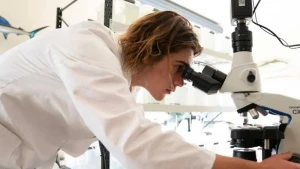 The Impact Rankings, now in their sixth year, assess how institutions are contributing to the United Nations’ 17 Sustainable Development Goals (SDGs) - the key issues identified as the most pressing facing humanity and the planet.
The Impact Rankings, now in their sixth year, assess how institutions are contributing to the United Nations’ 17 Sustainable Development Goals (SDGs) - the key issues identified as the most pressing facing humanity and the planet.
We are proud to be ranked in the top 100 institutions in the world for 5 of the 17 SDGs, including:
- SDG8 Decent Work and Economic Growth (=92nd)
- SDG14 Life Below Water (93rd)
- SDG15 Life on Land (35th)
- SDG16 Peace, Justice and Strong Institutions (=39th)
- SDG17 Partnerships for the Goals (=50th).
Find out more about our progress towards the SDGs.
QS Sustainability Rankings 2025
 The University of Waikato has been recognised as =112th worldwide in the 2025 QS Sustainability rankings. The rankings highlight how universities are taking action to tackle some of the world’s most pressing issues, drawing on the framework provided by the United Nations’ 17 Sustainable Development Goals (SDGs).
The University of Waikato has been recognised as =112th worldwide in the 2025 QS Sustainability rankings. The rankings highlight how universities are taking action to tackle some of the world’s most pressing issues, drawing on the framework provided by the United Nations’ 17 Sustainable Development Goals (SDGs).
Universities are ranked on their performance in three pillars: Environmental Impact, Social Impact and Governance. We are ranked 44th globally for Environmental Impact and within that pillar, 14th (1st in Oceania) in Environmental Sustainability.
Climate Action Network for International Educators
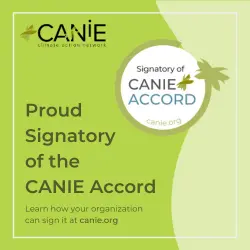 The University of Waikato has recently become a Signatory to the CANIE Accord, a public commitment to climate action representing the international education sector’s climate ambitions and commitment to align with global climate agreements. By becoming a Signatory to the CANIE Accord, we are strengthening and accelerating the international education sector’s collective response to the climate crisis.
The University of Waikato has recently become a Signatory to the CANIE Accord, a public commitment to climate action representing the international education sector’s climate ambitions and commitment to align with global climate agreements. By becoming a Signatory to the CANIE Accord, we are strengthening and accelerating the international education sector’s collective response to the climate crisis.
The Climate Action Network for International Educators (CANIE) is a volunteer grassroots initiative formed by international education practitioners from around the world who see the need and opportunity for the sector to take bold climate action. Through open-access resources, specialised events, networking and information sharing, CANIE aims to mobilise the full power of the international education community to address our contribution to the climate crisis.
I applaud The University of Waikato on showing such leadership in our sector’s transition to more climate-conscious operations. By signing up to the CANIE Accord, international education leaders commit to real, practical action to combat global temperature rise and, crucially, to doing so in a way that is grounded in social justice.
Ailsa Lamont, CANIE co-founder and President of the Board.

Whaioranga Taiao, Whaioranga Tangata - our Sustainability Report
Showcasing the progress we made with the United Nations’ Sustainable Development Goals (SDGs), the name reflects our aspiration for both a healthy and connected environment and fair and inclusive communities, acknowledging that neither can exist alone.
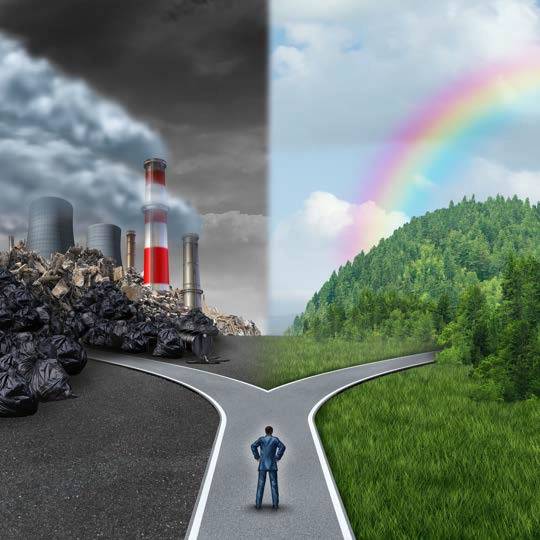
Climate Change Scenario Modelling
We were proud to collaborate with tertiary institutions across Aotearoa to produce “Climate Change Scenarios for the Aotearoa New Zealand Tertiary Education Sector”, ranging from planned to unplanned transitions and temperature rises of 1.5-3.0°C in 2090.
Our progress towards the Sustainable Development Goals
Introducing our Assistant Vice-Chancellor Sustainability
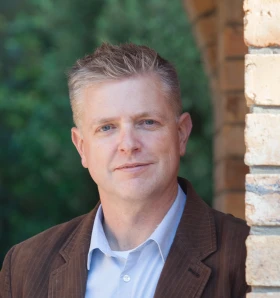
Dr Joseph (Joe) Ulatowski is the Assistant Vice-Chancellor Sustainability for the University of Waikato. Joe continues to shape the University’s sustainability strategy not only by upholding policies and processes that fit the United Nation’s SDG framework, but also by emphasising the role of cultural values and kaitiakitanga that are vital to the prosperity of the peoples of Aotearoa New Zealand. Joe works with the University’s Sustainability Champions to encourage sustainable changes in individual behaviour across staff and students that have a positive influence on the local and global landscape.
To advance the SDGs we use the power of our Research and our people to make significant, positive contributions on both a local and global scale. The University plays an important role in raising awareness of sustainability among staff, students, and the wider community, and encouraging responsible use of Resources through Research, operational practices, partnerships, teaching and learning.
